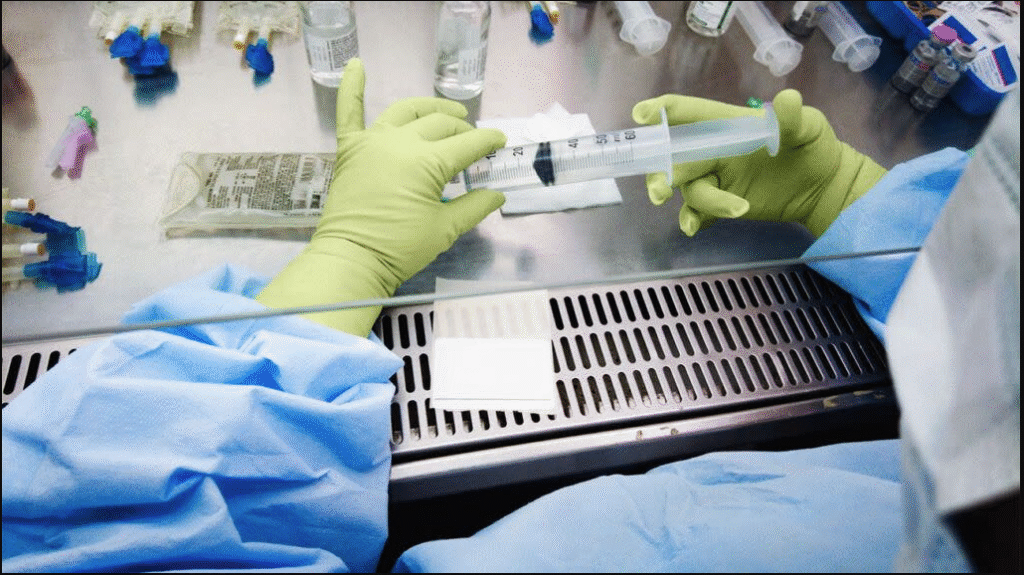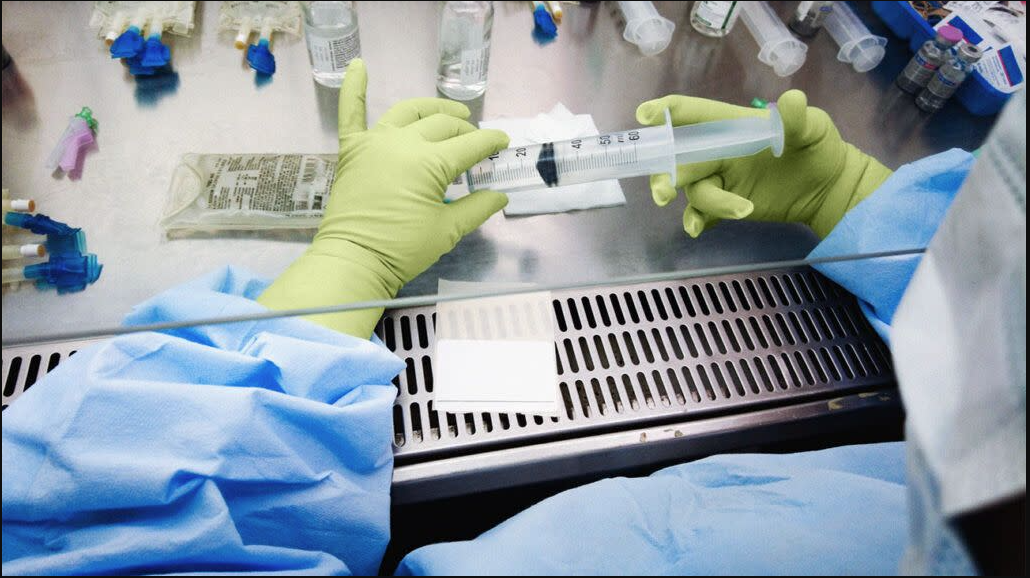Therapy Colorectal cancer is the third most common disease in the world, with an estimated 1.9 million diagnoses [Trusted Source] each year (as of 2020).

- Since colon cancer therapy is so popular, not all cancer types respond very well to it.
- It ‘s well known that colon cancers with defective mismatch repair ( dMMR ) respond less well to chemotherapy than other forms.
- Combination of immunotherapy and chemotherapy after surgery for stage 3 colon cancer may lower death and recurrence rates by half, a recent study suggests.
It ‘s now also known as colonominal cancer, and can be treated with chemotherapy and radiation treatment and immunotherapy / surgery.
Otherwise, not every type of colorectal cancer responds to every treatment. For example, colon cancer with deficient mismatch repair (dMMR) (Trusted Source ) is 5–15% of all cases of colorectal cancer and may not respond as well to treatment as other forms of cancer, it is caused by mutations in genes that repair the errors that happen when someone ‘s DNA is copied.
Immunotherapy plus chemo following surgery for stage 3 colon cancer may help cut deaths and recurrence rates in half, a study suggests at the 2025 American Society of Clinical Oncology (ASCO) Annual Meeting.
The results are not yet published in a peer reviewed journal.
What is atezolizumab?
For this phase III clinical trial, researchers enrolled 712 people (an average age of 64) with dMMR stage 3 colon cancer, that is known as when cancer goes undetected by the body’s immune system but has spread to lymph nodes but not elsewhere. All of the people had undergone surgery to have their cancer removed from their bodies and had remaining cancer cells in the lymph nodes. Atezolizumab targets a protein in cancer cells called programmed death-ligand 1 (PD-L1)—trusted source—that is responsible for keeping the cancer cells “hidden” from the body’s immune system. By binding and blocking PD-L1, atezolizumab makes the cancer cells “visible” for the immune system to attack.
Combining immunotherapy and chemotherapy lowers the risk by half.
When compared to those who only received chemotherapy, those who had chemotherapy with immunotherapy had a 50% lower risk of cancer recurrence and mortality, or disease-free survival (DFS), according to the study’s findings.
“The results of our study demonstrate a huge step forward in the adjuvant therapy for dMMR stage 3 colon cancer and will now profoundly change the treatment approach for this type of disease, ” the Mayo Clinic in Minnesota, where lead author Frank Sinicrope, MD, said in a news release.
“It’s gratifying for our patients to be able to offer them a new treatment plan and lower their recurrence risk in this way and increase the odds of survival, ” he says.
Additional research is required for long-term data.
Glenn S. Parker, MD, FACS, FASCRS, chief of colorectal surgery and vice chairman of surgery at Hackensack Meridian Jersey Shore University Medical Center in New Jersey, answered Medical News Update’s call today on the study, saying his first reaction to the news was to be optimistic.
“The biggest leap in treatment that we are making for our patients is the use of immuno checkpoint inhibitor atezolizumab with regular chemotherapy in stage III (dMMR) colon cancer, ” Parker said. Chemotherapy response and response to treatment will vary with the biology of the tumor in patients with dMMR colon cancer — although their prognosis is often much better than other people who have the disease, recurrence does happen and the treatments now available may not be appropriate for this group of patients.
In order to study long-term survival and recurrence data, Parker said, he would like to see longer follow-up data from the clinical trial.
Also, “more study will be required to determine whether immunotherapy, eventually, could shorten the duration of both adjuvant chemotherapy and immunotherapy in certain dMMR patients, in particular those with high immunoactivation profile, ” he said.
Quality-of-life assessments and biomarker studies will also be important to learn which patients benefit the most from combined therapy and in what ways it could be implemented in standard of care, he added.
MNU also met with Wael Harb, MD, a board-certified hematologist and medical oncologist at MemorialCare Cancer Institute at Orange Coast and Saddleback Medical Centers in Orange County, CA. He told MNU that he was “thrilled” that the results of the trial enabled him to provide individuals with colon cancer treatment at their own risk.
“One of the most common and deadly diseases in the world is colon cancer, ” he added. “Two-thirds of patients with stage III disease appear to be really at risk of their cancer coming back after surgery. “In this setting, traditional chemotherapy may not always provide adequate protection against patients with dMMR cancers. These tumors have such great immunotherapeutic responses that they go unnoticed, so we actually have a much better chance of trying to prevent the cancer from coming back if we find novel strategies for activating the immune system, such as this study, ” he added.
It’s perhaps the most important next step in this research, Harb said, so that this treatment strategy can be integrated into treatment guidelines and available to doctors in every country in the world who have qualified cases.
Secondly, I would like to see longer follow-up data so we can measure safety over time and how long that effect lasts. And in the future it would be interesting to see whether immunotherapy might work in people with disease at a stage earlier – or perhaps in some cases be used in place of chemotherapy. Finally, this work opens up the door to tailored – and more efficient – approaches to colon cancer”, he added.



